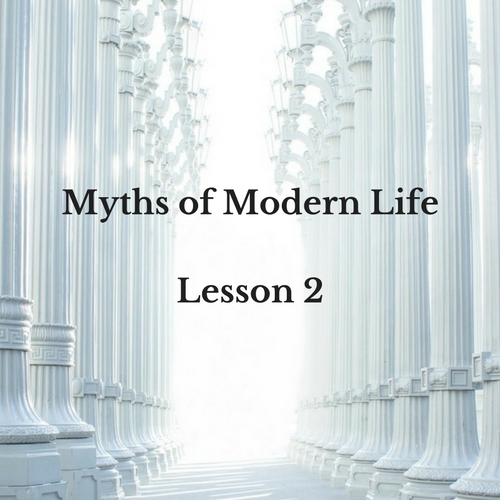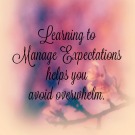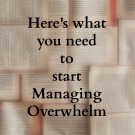This is Lesson Two in a series of on how the five Myths of Modern Life are keeping people overwhelmed.
If you’re interested in busting myths so you can manage overwhelm and have more time to do what matters most to you, click here.
Myth 2: I must be “on call” or reachable at all times.
As mobile technology has permeated our culture, so has the belief that having a mobile device means we must be reachable 24 hours a day and respond immediately when a device buzzes or beeps. Many people enjoy instant access to information and the ability to stay informed about critical (sometimes life saving) information, but unfortunately the lines have become blurred when it comes to expectations around communication and this can lead to overwhelm.
Outside of family concerns, unless you work in very specific segments of certain industries there is simply no reason to make yourself reachable at all times. How does that statement strike you? Does it smack of rebellion? Does it make you feel anxious to think about what might happen if you didn’t always check to see who was trying to contact you every time your phone went off? It doesn’t have to make you anxious – it just requires you to shift your perspective. As you go through this lesson, use what matters most as a filter to figure out where this belief began and to recognize patterns you have that are keeping you feeling constantly distracted, edgy, or worn down.
Take Action
- Write down the people you must be available to 24/ 7 and why they need to have access to you.
- Who do you think would be most upset and why if you told them you would no longer be immediately able to respond to them and / or available to them 24 / 7?
- Notice your feelings around this myth. If you were to stop checking your mobile devices or immediately responding to others (outside of the people you listed in Question 1), how would that make you feel? Take a few minutes to think about why you’d feel that way and think about how much of your feelings stem from your own expectations and also the expectations of society and others.






